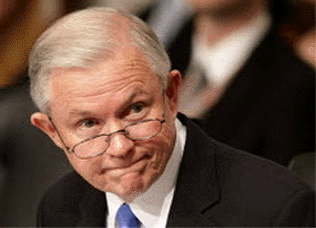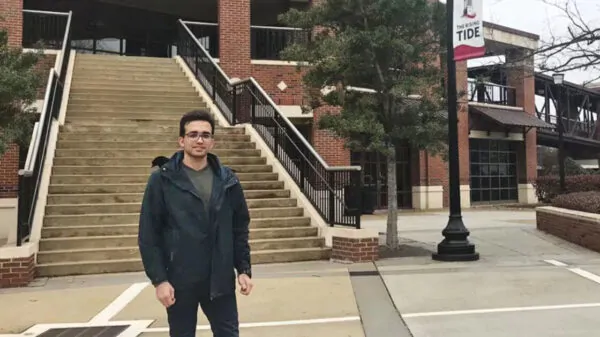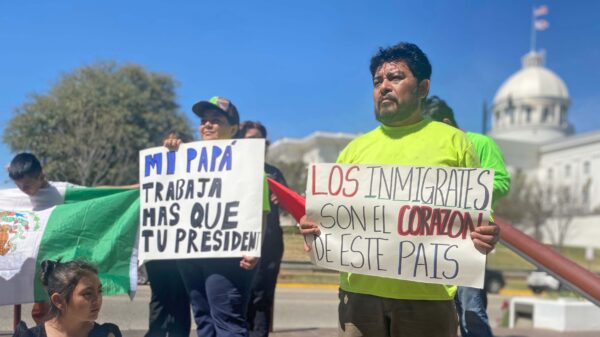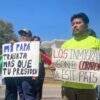By Byron Shehee
Alabama Political Reporter
MONTGOMERY—President Barack Obama’s plan to circumvent Congress by issuing an order of Executive Amnesty is being met with opposition from the nation and the Republican Party is unsure how to handle the issue.
With the 2016 presidential primary right around the corner, some Republicans seem to be angling for political points and are using immigration as an opportunity to distinguish themselves from others in the party. Senator John McCain (R-AZ) may not be a candidate for president just yet, but he claims to be concerned that the Department of Homeland and Security (DHS) could be shut down. Sen. Jeff Sessions (R-AL) on the other hand is unflinching in his support of American workers and his belief that Democrats will not allow DHS to shut down.
Senator Sessions said he would try to “give voice to those whose voice has been shut out” including “the voice of the working families whose wages have been reduced by years of record immigration.” And Paragon Insights recently published a poll detailing how much opposition President Obama’s amnesty plan currently faces with all voters and the results seem to favor Sen. Sessions’ rational over that of Sen. McCain.
Senator McCain, despite the strong poll numbers, was not alone in trying to place pressure on the conservative wing of the Republican Party. Speaker of the House, John Boehner, seemingly gave a shot across the bow to Sen. Sessions in his effort to pass the measure in the Senate. Despite the moderates’ stance and rhetoric on immigration, Paragon Insight’s poll indicates that Americans overwhelmingly disapprove of President Obama’s Executive Amnesty plan. President Obama’s action was met with opposition from many different demographics: blue collar workers rejected it; middle class workers dismissed it; and independent women disapproved of the plan.
Alarm did not just come from voters; according to the Congressional Budget Office (CBO), President Obama’s unilateral executive amnesty plan is predicted to cost American taxpayers $10.2 billion over the next two years.
Without being informed of the billions of dollars Obama’s plan will cost during questioning, Paragon Insight’s poll shows that Americans favor restricting funding for Obama’s executive action plan by a 17 point margin. In one of America’s most reasonable voting blocks, independent women favored restricting funding 56 percent to 26 percent. In fact, demographic groups based off of age, income, and education showed a plurality of respondents favor restricting funds being spent on illegals.
Furthermore, Paragon Insights indicate that the president’s plan is only favored by one out of three voters who supported him in the past; with only 40 percent of voters who supported Obama strongly oppose the GOP’s effort to restrict funding.
In short, the majority of Americans are not in favor of amnesty.
Voters want Congress to pass a law making it harder for companies to hire illegal workers and nearly 71 percent of voters favor passing a law that would block work permits for 5 million undocumented workers. The poll also showed that demographics groups based on age, political affiliation, income status and level of education all favor blocking work permits. Even Hispanic voters support this type of measure 56 percent to 37 percent.
“I would encourage every Senate Democrat to pause and consider this question before acting: to whom do you owe your allegiance? To party leaders, to donors, to the citizens of other countries, or to the American citizens who elected you and the Constitution that protects their rights?” asked Sen. Sessions.
That is an important question worth asking and one that should be asked of both parties.
Immigration remains one of the most contentious issues on Capitol Hill and it looks as if the Republicans are battling the Democrats without a unified front. With the presidential election scheduled for 2016, the Republicans may not find common ground anytime soon. The party’s stance may cost the GOP a political battle in the short term and even hurt their credibility with a large segment of voters leading up to the election.























































